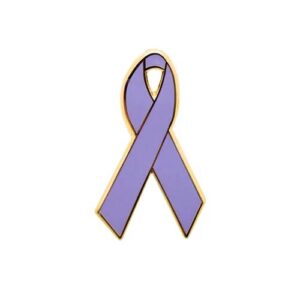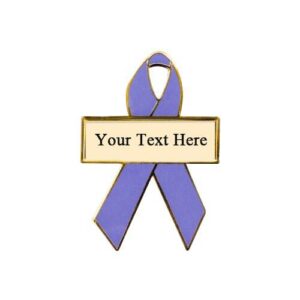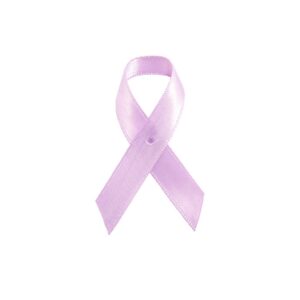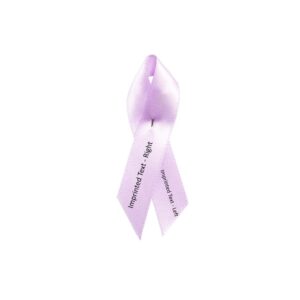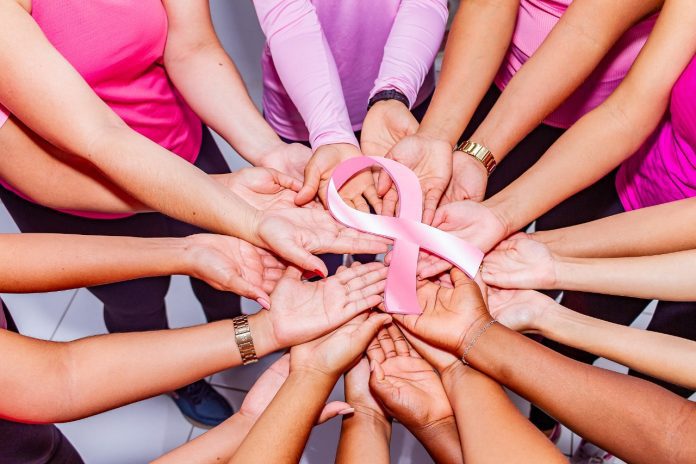National Cancer Prevention Day Takes Place on February 4
Let’s Fight Cancer With a Focus on Prevention During National Cancer Prevention Day! Wear a lavender pin, ribbon or wristband on February 4 each year. These lavender awareness products help call attention to the ways that cancer can be prevented.
Less Cancer’s work to raise awareness about health and the environment spans a wide range of issues. For example, these include focusing on specific contaminants and pollution sources. In addition, Less Cancer stresses healthy lifestyle choices, such as diet, exercise, and nutrition. While Less Cancer works to protect all communities, their approach is particularly relevant to at-risk populations. For example, families and children in low-income communities suffer a higher incidence of cancer. The ultimate goal of National Cancer Prevention Day is to raise awareness of the need for cancer prevention in all people.
National Cancer Prevention Day
National Cancer Prevention Day first came about through a House of Representatives resolution on February 4, 2013. The resolution states that work to prevent cancer impacts human health, the environment, and the economy. Representative Steve Israel, Co-Chair of the House Cancer Caucus, introduced the resolution. Now, on National Cancer Prevention Day, we commit ourselves to prevention and reducing cancer risks as much as possible through healthy lifestyles and clean environments. Less Cancer is a true partner in this fight.
Those on Capital Hill observe National Cancer Prevention Day annually. It includes cancer prevention experts and legislators, students and others in a program sponsored by Less Cancer. In fact, since the founding of National Cancer Prevention Day, it has developed into a critical national forum. For example, Lesscancer.org attracts leading experts connecting science with policy for action.
Less Cancer – Lesscancer.org
Less Cancer’s recipe for less cancer is straightforward and focused. Their core activity is to educate the public about the causes of cancer. They also show how cancers can be prevented to help others make informed decisions. In addition, they work to educate policy makers so they can, in turn, protect the public. Another part of their focus is to carefully vet all corporate sponsors. That way they are not associated with companies that may be contributing to the very cancer-causing activities they are fighting.
Cancer Education is Key On National Cancer Prevention Day
Education includes everything from alerting people about the dangers of indoor tanning and e-cigarettes, to harmful and cancer causing chemicals found in consumer products. As an organization, they are committed to seeing regulation that protects consumers from those toxins. They also advocate for regulation of e-cigarettes for their potential to hook the next generation on tobacco. Growing evidence about e-cigarettes and their health risks shows that we need to do all we can to prevent any potential use of tobacco. Tobacco is responsible for over 480,000 deaths per year in the United States.
Less Cancer’s commitment is to raise the bar on human health in lifestyles and clean environments. Several years ago, they joined forces with the Johns Hopkins Bloomberg School of Public Health for a social media program. The program is the #9minutemeal. The idea is to promote homemade, quick and healthy recipes as a way to engage Americans and reduce their cancer risk.
Less Cancer’s efforts to protect the public is unlike any other organization. They represent those who have suffered many losses from cancer. They strive to prevent cancer today and for future generations.
The Key Barriers to Healthcare Access – National Cancer Prevention Day
By 2040, the cost of inequitable access to care in the US will exceed $1 trillion. Costs associated with treating high-risk and high-cost diseases, including cancer, will put hundreds of thousands of lives at risk due to healthcare disparities caused by financial, geographic, and cultural barriers.
The key barriers to healthcare are:
- Insurance coverage. Millions of Americans lack any form of health insurance, but millions more are underinsured. Insufficient coverage can discourage families from seeking preventative screenings, making dental and optical appointments or accessing pediatric care due to financial constraints.
- Long waiting time. Healthcare employment challenges have left many facilities understaffed, leading to wait times that range from weeks to months. Staffing shortages are expected to last more than a decade, with American Medical Colleges predicting a shortage of 124,000 doctors by 2034.
- Bias and discrimination. There is a persistent bias in the medical community that discriminates against patients based on racial, income, gender and sexual orientation. This stigma discourages access to healthcare services, including for those seeking mental health support.
- Time. Transportation and work duties severely restrict the time to seek care. Many programs offer transportation support to seniors or those without reliable access to transportation, but there are potentially millions in need of additional help. Telemedicine offers an important opportunity to reduce time and transportation burdens on working families.
- Language. Today, 1 in 5 American households speak a language other than English. Medical facilities lack widespread language resources that can result in frustration, misdiagnosis and discourage patients to seek care.
(Image: newsonair.com)
